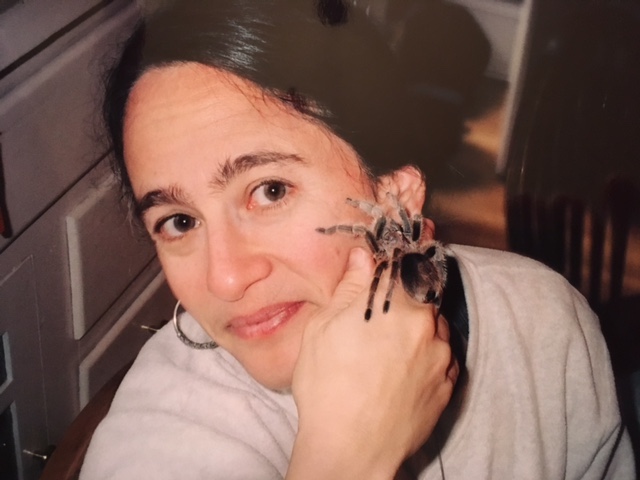Poetry Month Reprise: Brittany Adames
Poetry Month Reprise
Brittany Adames
Reprise
Brittany Adames was a Brain Mill Press National Poetry Month Contest winner in 2018 with her poem “A TANK WITHOUT GASOLINE.” Read it here.
Adames’s shared this artist statement about her work:
I continue to write poetry because I continue to witness what’s lingering.
For her reprise, Brittany Adames offers the poem below, entitled “ALTERNATE UNIVERSE IN WHICH I AM PAMELA.”



About the Poet
Brittany Adames is a Dominican-American writer. Her work has been nominated for the Pushcart Prize and featured in The Brooklyn Rail, Hobart Pulp, Palette Poetry, and elsewhere. She has an MFA in poetry from Brooklyn College.


BMP Celebrates National Poetry Month
Happy National Poetry Month! For poets and poetry lovers—and perhaps for those who love poets—this is a special time. At Brain Mill Press, we like to celebrate all month long by sharing featured poets. This year, we’re reprising award-winning poets from prior years’ contest, introducing new poets we admire, and inviting submissions to a joint chapbook contest with the Wisconsin Fellowship of Poets to celebrate the work of a Wisconsin poet with publication.









Recent Comments